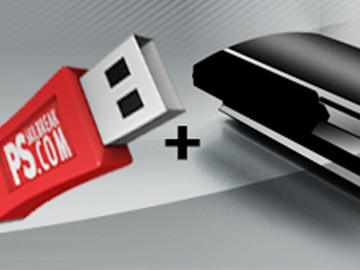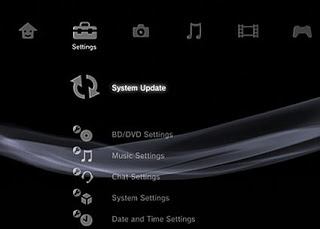This post has not been edited by the GamesBeat staff. Opinions by GamesBeat community writers do not necessarily reflect those of the staff.
On August 27th, Sony won a court case in Australia to block the sale of a USB dongle that gives users the ability to back up PlayStation 3 games to their hard drive. It's important to note that this wasn't the end of the battle, as it only prevented sales through the end of August. In order to make this injunction permanent, Sony must win another court case.

Edge Online's coverage of the news item features numerous comments — most of them in defense of Sony. But a couple of people jumped in to support the rights of consumers to do whatever they choose to with the hardware they've purchased. Against all the odds — in the middle a mess of bad grammar, spelling, and ad hominem arguments — an interesting point emerged. Anything you can do with a hacked PS3, you can do more efficiently on a PC. And the majority of that inferior functionality isn't really something most consumers care about, anyway.
Though OzModChips, the device's manufacturer, markets the PlayStation jailbreak dongle as a means to back up legally purchased copies of games, it would be naïve to think that most consumers want the device for this purpose. In a completely innocent fantasy world, it might be the case that PS3 users would buy the product to save themselves the hassle of changing discs. But then again, it's legal to buy bongs and crack pipes in the U.K. so long its for purely decorative reasons.
Here in the real world, it's easy to see the potential such a device has. At its most basic level, users could transfer rented games to the hard disk, thus keep a game for the price of a rental. More industrious users could take the process a step further and transfer games to an external hard drive. They could then upload games to file-sharing sites. This would deny Sony of even the meager margin of a rental.

Piracy harms the little guy. It's very easy to think you're only messing with the profit margins of huge corporations when you duplicate a game, but at the end of the day, it's not going to be those at the top who take a pay cut. The humble programmers and artists whose smaller games aren't pulling major revenue suffer most.
Perhaps the one morally sound argument for being able to mod a console is that it allows do-it-yourself developers to make their own "homebrew"' games. It's interesting to see what people come up with given free access to unlocked consumer hardware.
Being able to run homemade efforts on a PSP is very cool. Before the Droid came along, you couldn't really do that. The problem is that if you want to play homebrewed software on your TV, you don't really need a console. Just plug a computer into you TV, and if you really have to have Sixaxis motion control, download the PS3 controller drivers and buy a Bluetooth dongle.

